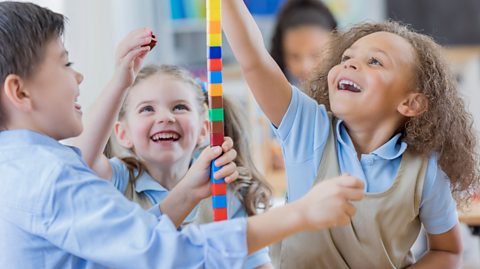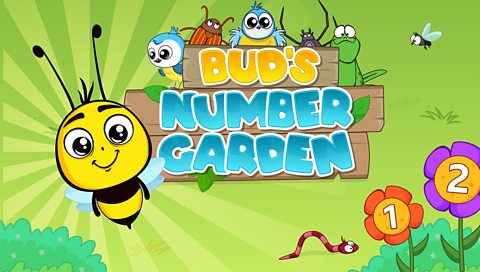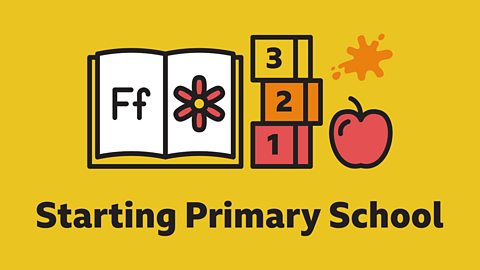This article was last updated on 23 October 2020
by Dave McPartlin, headteacher at Flakefleet Primary School

Parents’ evenings are an important part of any school year, they are a great way of helping to build a positive, open and strong relationship between parent and teacher. Teamwork and communication between home and school is key to your child’s success.
Sessions may be a little different this year, so here’s what to expect and some ways that you can get prepared.
What do you want to know?
Now your child is away from you for 6 hours of the day you may wonder what they are getting up to.All children prefer to learn in different ways and enjoy a wide variety of things – just like us adults. Parents’ evening is a great way to find out more about your child’s passions, so that you can make the most of their enthusiasm when they are at home and do activities that will nurture these interests. If you want to know more about what goes on in school or have any concerns about your child, now is your time to ask.
Is there anything you would like the school to know?
It’s easy to think of parents' evening as just a way for the teacher to let you know how your child is getting on, but don’t forget that there may be things that you want them to know, too. If your child is saying that they aren’t happy at school or maybe there are issues at home that may have impacted on your child, let the school know so that they can support them as much as possible. There’s usually very little a teacher hasn’t been told before and even though you may feel reluctant to share some information, trust us, it will definitely help.
What will the sessions look like?
Every school will have different arrangements, and these will be based on the layout of the school and what needs to be in place to follow Covid guidance. Most schools will offer a video call (Zoom, MS Teams etc) or a face-to-face meeting, and some may come up with other innovative alternatives. If you are invited into school, you can expect to be asked to sanitise your hands, wear a mask and maintain a 2m social distance. Some schools may install screens for the meetings or take additional precautions; rest assured that these are in place to keep everyone safe and your support and co-operation will undoubtedly be appreciated.
Should you take your child?
There are different thoughts on whether children should attend parents' evening and some schools will say whether this is appropriate. You know your child and are the best person to decide if it’s a good idea; have a think about whether they will sit quietly and listen, because if they don’t it may distract you and hinder your ability to concentrate fully on what the teacher is saying. If it’s a late session on an evening, your child may be tired and you may want to find someone to look after them. Or if you have something sensitive that you wish to discuss, it might be better to leave them at home. Teachers appreciate that it is not always possible to find childcare, so speak to them if you are struggling to make the appointment and they will help come up with other arrangements.
What might the teacher say?
You will hear all about your child’s progress and whether they are working at the expected level for their age. Reading, writing and arithmetic are essential skills and you can expect the teacher to let you know how your child is getting on in these areas. They may offer some strategies to support your child; if they do, make sure you get all the information you need about how to implement them.
They will also tell you about how your child has settled in, about their friendship groups, and they will also let you know if they have any concerns. In some cases, your child may display some challenging behaviours in class and this is not an easy conversation with parents, but it is important that you know. Listen to what the teacher has to say, take notes if necessary and try not to be defensive. Don’t forget that you are a team and that you will work on these areas for development together.
What should you do after parents' evening?
If it’s late when you get home, it’s probably best to wait until the following day to catch up with your child, especially if you feel it may be a difficult or emotional conversation, as you want don’t to unsettle them just before they’re going to bed. When you do speak to your child about what the teacher has said and praise your child for what they have achieved, it’s important that they hear the positives and you talk about their experiences at school. If there are things that they need to work on, discuss these and agree on what you can do, together, to help. It’s helpful to speak to the other family members who spend a lot of time with your child about what the teacher has said, so that everyone is aware of how they can support and aid their development.
What if you still have things you want to discuss?
Sometimes, a ten-minute chat isn’t enough with the teacher and you may have more that you would like to discuss. Most schools have many different methods of communication, so get in touch with the teacher and they will be happy to arrange a time and method of communicating. Because of Covid, this may be a conversation in the playground, a socially distanced meeting, a phone call or a video session. Don’t be upset if they don’t get back to you straight away - there are many other children and parents in the class and schools are very busy places, so please bear with them. The teachers are there to support you and your child and they will usually be more than happy to help.
Know someone who has recently started school or will be beginning next September? Check out the rest of which has lots of ways to help prepare children for different aspects of school life – both practically and emotionally.

More from 91Čȱ¬ Bitesize Parents' Toolkit…
Parents' Toolkit
Fun activities, real-life stories, wellbeing support and loads of helpful advice - we're here for you and your child.

23 language and literacy tips to support your child
Early years teacher Anjali Patel gives her top tips to support your child's language and literacy skills at home.

School uniform: What you need to know
Shirts, shorts, skirts, and shoes: take a look at this checklist for some top uniform tips.

Louise Pentland’s five tips to get you through the school year
Louise shares her top tips for managing the school year from prepping lunches to school admin.

Bud's Number Garden
Join Bud the bee, explore his magical garden and practise recognising numbers, counting, sequencing and much more!

More Starting Primary School videos and articles
Head to our homepage to help you and your child prepare for starting primary school and thrive in school life.
